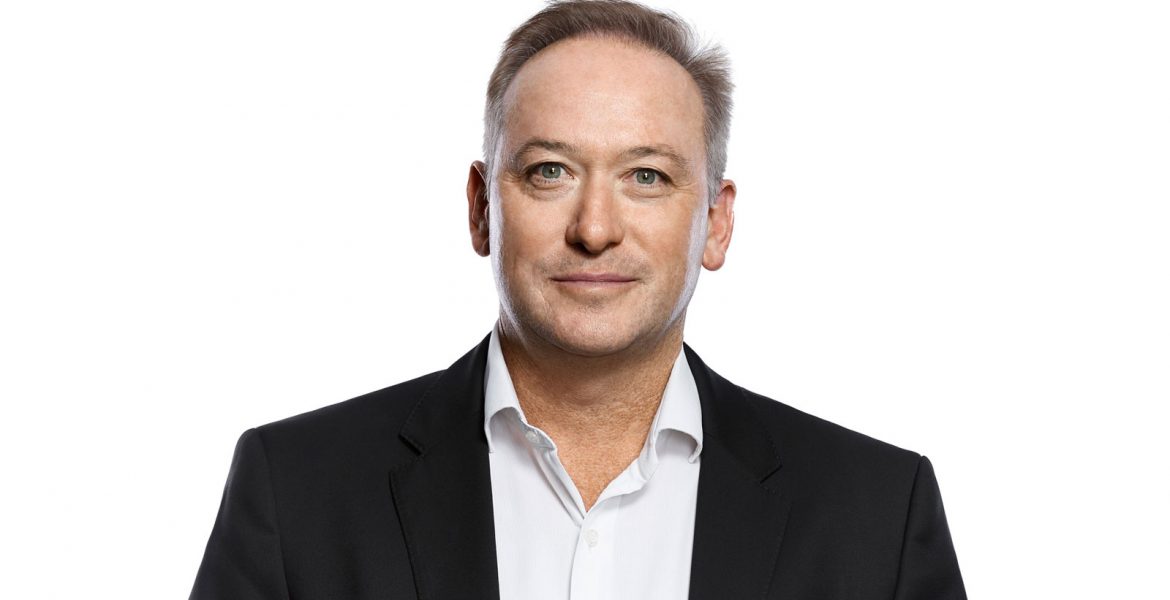AW360 speaks with GroupM Australia & NZ CEO Mark Lollback about what being mentally healthy means to him.
Time in the industry?
I’ve been CEO of GroupM for the past three years, and before that spent over 20 years client side in senior marketing roles in Australia, the US, UK & China with global brands such as McDonald’s, Unilever, PepsiCo and ANZ bank.
What does being mentally healthy mean to you?
Working in the Mar Comms industry is very rewarding but also very stressful. I am a very strong believer that to operate at the levels that we strive for you need to be mentally and physically fit. Mentally healthy to me mean being able to manage stress levels, meditating, practicing mindfulness and creating space and time to invest in your mental wellbeing.
Can you think of an occasion when you realised your mental health was impacting your work or home life?
Anxiety and depression can, and do, affect anyone. My wife is a psychologist so it’s something we are both incredibly aware of. While I haven’t had issues myself, it’s something we’ve personally lived through on a number of occasions within our family.
How did this manifest itself?
It can be debilitating for the person suffering and for those close to them. As much as you try not to disrupt business and important meetings, there have been occasions where I have needed to. I’ve worked flexibly from home, cut meetings short, or not attended events or meetings to focus on being with my family. As a CEO you know that you need to have a laser sharp focus on the business, and a lot of people are counting on you, but there is no meeting that’s more important than the health of your family. If your father suffers an illness, your partner is rushed into the hospital with a heart attack, or your child falls over in the playground and breaks their arm, you wouldn’t question dropping everything to jump in the car and get there when they need you. It’s the same with serious mental health conditions.
How did you overcome these challenges? Who helped you and how?
In my view there is no stigma attached. No reason not to seek help. No reason not to talk about mental health – but that doesn’t mean it is easy. What my own experience with my family, and with people close to us, has shown me is the importance of early intervention and building a team of people to work together – seeking help from doctors, nutritionists, therapists, psychologists and other professionals with the expertise to help manage it before it spirals. Time may be a great healer when it comes to heartbreak, but mental health issues require swift action.
While a lot of mental health problems can be down to emotional responses and external factors around stress, much of it can be about chemical imbalance in the body. Talking therapies are immensely helpful, not just in times of crisis but regularly, but there is often more to it so getting full bloodwork done can help diagnoses and treatment plans.
What do you do now to practice better mental health?
I’ve always tried hard to practice self-care and be disciplined about making it part of my life. I also swim or go to the gym every day to keep physically fit. I pay attention to what I eat, and importantly, I meditate every day.
I am a big believer in having one diary that blends work and personal life commitments. There is no use having a work diary and a home diary. I make sure I schedule in personal commitments and they have as much importance as work meetings. That way, I’m prioritising the things that keep a healthy balance.
What are the three things companies should do to create a mentally healthy workplace?
Prioritise wellbeing and break down the stigma of mental health, embrace flexibility for all staff, and create an environment where people want to be.
What are you doing at your own company?
I know, as all agencies do, that our people are under immense pressure and we ask a lot of them. Companies have a responsibility to create an environment where people can thrive in their roles and feel looked after and able to perform to the best of their ability. But I think people also have to take responsibility for their own wellbeing.
At GroupM Australia we recently refreshed our personal leave policy to better communicate to our staff that personal leave days are available for ‘mental health days’ as well as when people are feeling physically under the weather. We also refreshed our flexible work policy to help teams and managers find ways to make flexibility work for individuals, teams and the business, and better communicate that flexibility is not just for new parents, but for everyone.
We have a Young Exec Committee called NCo, which is currently working on a new wellness initiative designed to destigmatise mental health issues and prioritise wellness as a core part of our business every day. It will roll out in coming weeks and I’m immensely proud of the approach our NCo have taken to realise this.
These initiatives are part of a wide-ranging suite of services and benefits available for all GroupM staff, which includes free access to independent and confidential counselling for all our people. We have also run free meditation classes, regular yoga every week, time management and stress reduction coaching, and we have access to WPP AUNZ’s market-leading wellness program led by Wellbeing and Talent Development Director Fleur Marks.
What advice would you give to someone starting out in the industry?
Find what you love about the industry, set yourself a pathway and be open to hard work and flexibility along the way. And remember to take care of yourself.

